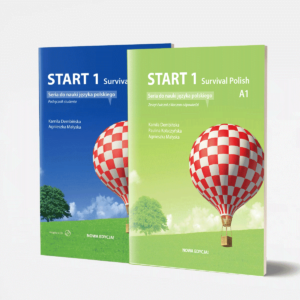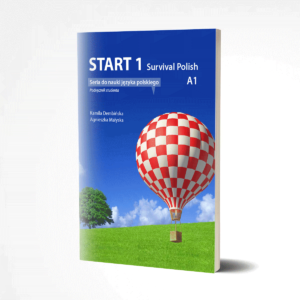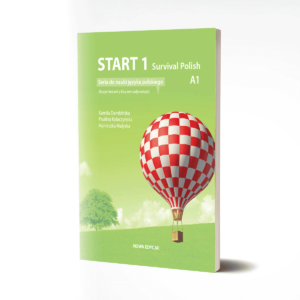Learning Polish by foreigners also includes the need to familiarize themselves with the culture prevailing in our country. One of its elements, for example, is savoir-vivre in Poland, i.e. a set of rules that you should know and follow in order to be able to behave properly in official and unofficial circumstances. What words to use? Which gestures to avoid in order not to be misunderstood? Get acquainted now with the most important rules of savoir-vivre, which are an integral part of Polish tradition.
What is savoir-vivre?
Savoir-vivre is a French term meaning the culturally conditioned „art of living.” It refers to the ability to behave appropriately, in accordance with certain norms, rules and customs. It is the so-called good manners, social conventions and rules of politeness applicable to a particular group, relating to many spheres of functioning in society. Adherence to the rules of savoir-vivre in Poland is a symbol of careful upbringing, a sign of high personal culture and an expression of respect for people, which can contribute to building positive relationships with others in a variety of life situations.
Savoir-vivre at the table
Savoir-vivre in Poland includes guidelines related to proper behavior at the table and the elegant consumption of meals:
- Sitting down at the table with clean hands,
- Not talking with your mouth full,
- Sitting with your back resting against a chair,
- Saying thank you after the meal is over,
- Use of appropriate cutlery,
- NON-MASSAGE,
- maintaining moderation in eating,
- Not seasoning a dish before tasting it,
- proper handling of the napkin.
Savoir-vivre – how to address in-laws?
Savoir-vivre in Poland also regulates the forms of politeness to use toward in-laws in order to refer to them with respect. There are several options – addressing them by name or impersonally, using the phrases please Madam/Madam, Mother-in-law/Father-in-law, or saying Mom/Dad. The final choice in this regard depends on the nature of the relationship with the in-laws and the degree of intimacy with the spouse’s parents.
Savoir-vivre – who is the first to say hello?
Savoir-vivre in Poland also shows how to greet each other correctly. In this area, the main rules are:
- The first hand to a man is given by a woman,
- The first to extend his hand is the elderly person,
- In business situations, the first to shake hands is the senior person,
- The man is the first to bow to the woman,
- As the first to bow is the person occupying the lower position,
- It is important to maintain eye contact when greeting each other,
- The hug itself should be firm, but not too strong or too weak.
How to introduce yourself savoir-vivre?
On the other hand, when it comes to introducing yourself, savoir-vivre in Poland stipulates that you should then give your first and last name. On the other hand, the order is as follows:
- A higher-ranking person is introduced to a lower-ranking person,
- An older person is introduced to a younger one,
- A woman is introduced to a man.
Savoir-vivre who pays on a date?
When it comes to savoir-vivre in Poland related to male-female relationships, one controversial issue is who pays on a date. Much here depends on the arrangements between the partners, although most often it is the man who also pays for the woman, the meal is funded by the person who came up with the initiative to meet, or everyone settles their own share of the bill.
Other rules of savoir-vivre
Other rules of savoir-vivre in Poland may concern: personal hygiene, dress, punctuality, communication, correspondence, business relations, use of new technologies, or behavior in public places and sacred sites.





